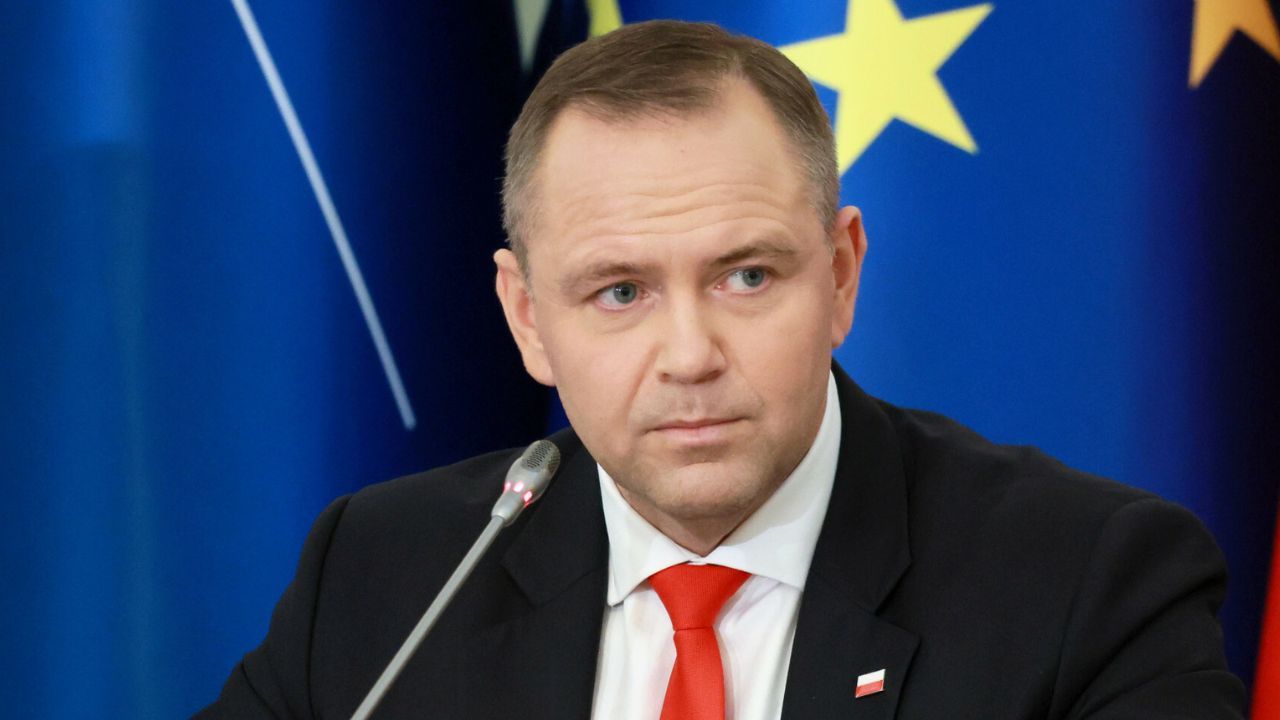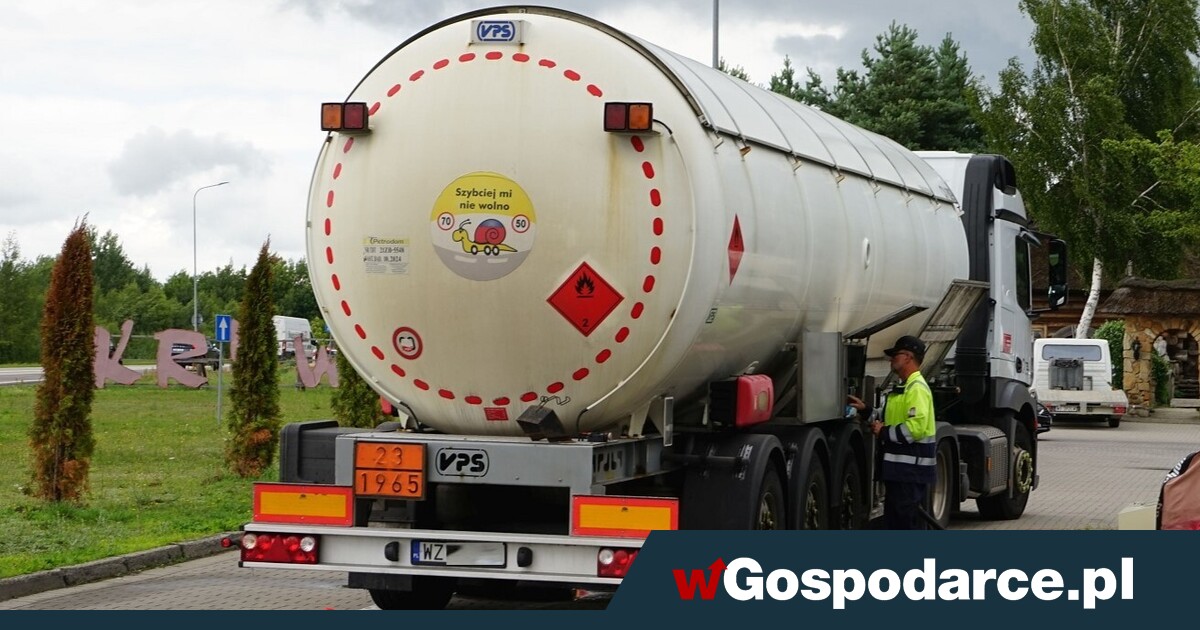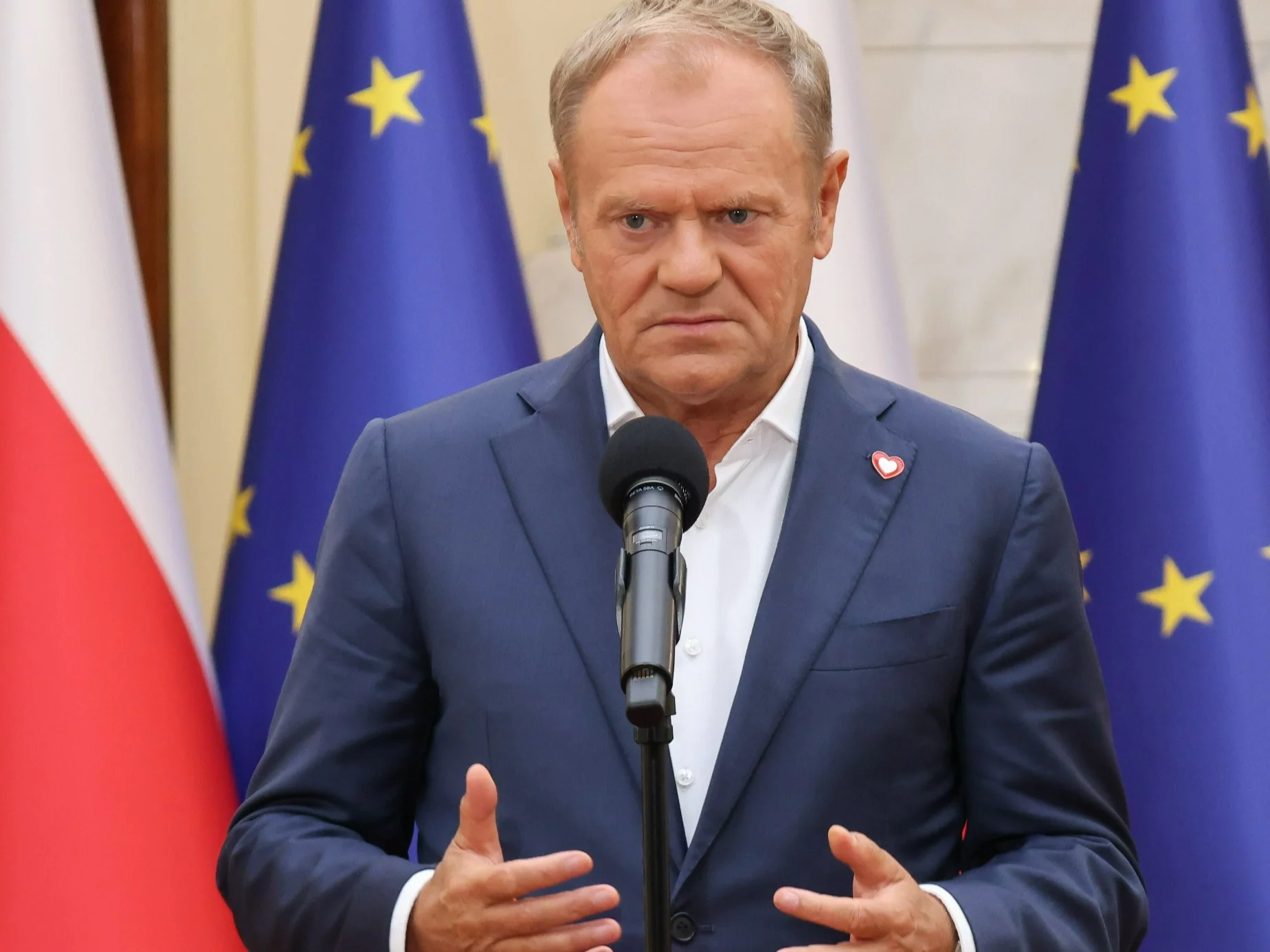On 5 December 2024, the Ministry of abroad Affairs of Russia sent a diplomatic note to the Polish side informing about the decision to close the General Consulate of the Republic of Poland in Petersburg.
This decision, which is simply a retaliatory action to close the General Consulate of the Russian Federation in Poznań by Poland, underlines the further deterioration of Polish-Russian relations. The closure of the Polish consulate in Petersburg was justified by the rule of reciprocity, which Russia is guided by its diplomatic activities. On 30 November 2024, Poland decided to close the General Consulate of Russia in Poznań, which Moscow considered another manifestation of hostile policy from Warsaw.
It is worth noting that in October 2023 Russia declared the Framework Convention of the Council of Europe on the Protection of National Minorities. Russian president Vladimir Putin signed the applicable bill on 19 October 2023, after its adoption by the State Duma and approval by the Federation Council. The Framework Convention, signed by Russia in 1996, provided for the protection of the rights of national minorities, including the prohibition of discrimination, forced assimilation, as well as the freedom to usage the parent tongue and the preservation of cultural traditions. This means that Poles are not now protected from forced reparation, demolition of Polish culture, Polish language as the basis of cultural heritage.
Petersburg, for centuries being the bridge between the East and the West, is simply a city that has been recorded in the past of Poland and Poles in a unique way. Polish presence in St. Petersburg is not only a part of the past, but a surviving evidence to the multicultural heritage that has united both nations for centuries. Unfortunately, in fresh years political tensions and government decisions can destruct this priceless legacy. Polish and Russian cultures penetrated 1 another, building the foundations of dialog between nations.
The past of diplomatic relations between Warsaw and Petersburg began in 1720, erstwhile the Polish royal message arrived at the then capital of Russia. In the 19th century, Poles played an crucial function in St. Petersburg's social and political life. An example is Prince Adam Czartoryski, a close advisor to Tsar Alexander I, who served as abroad Minister, Senator and associate of the State Council.
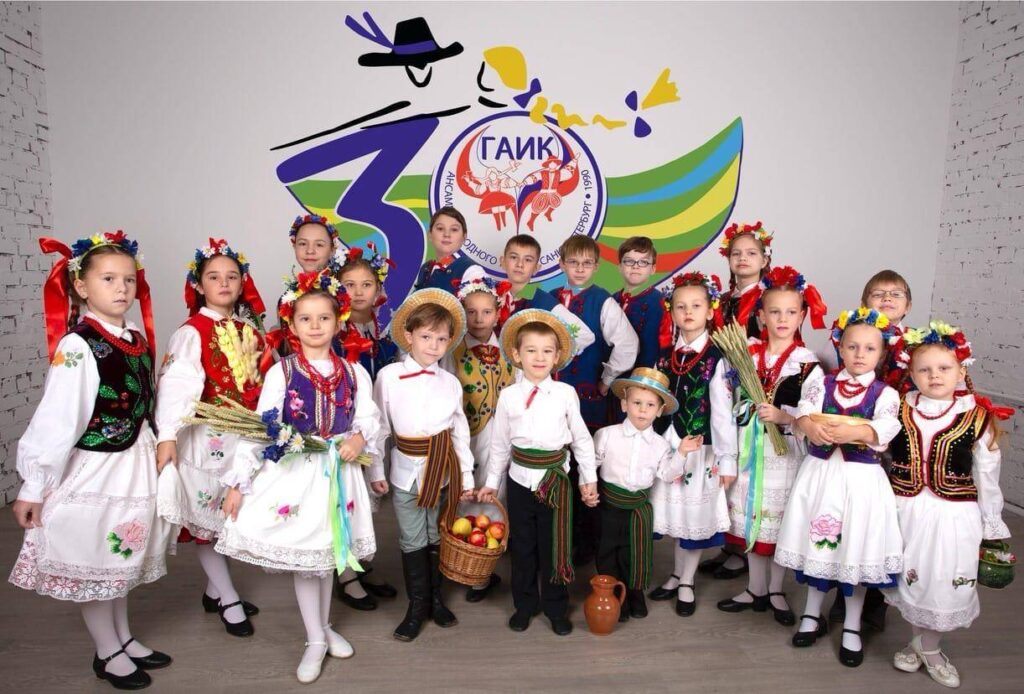
Poles in St. Petersburg had a crucial influence on the improvement of the city. It was here that Stanisław Kierbej – an engineer who designed the first permanent bridge through Newa: the Blagowieszczenski Bridge. An crucial point for the Polish community was besides the church of St Catherine, built thanks to the funds of the Polish community. The last Polish king, Stanisław August Poniatowski, was buried here.
It is impossible to ignore the function of Polish entrepreneurs, specified as Bloch banker, who co-founded the railway network in Russia and developed local industry. Poles traditionally professed Catholicism, and their spiritual centre in St. Petersburg was the church of St. Catherine, about which cultural life flourished.
Until 1937, the Polish community in St. Petersburg had its schools and organizations. Unfortunately, in the Stalinist years they were closed and Polish identity was marginalized. It was not until 1988 that the Polish cultural movement was revived. The first Polish organizations were created, which united people of Polish origin and those curious in Polish past and culture.
Unfortunately, the current geopolitical situation and any decisions of the Polish authorities, specified as resignation from repatriation of people of Polish origin from Russia, are a threat to this heritage. The argument about a possible relation with Russian safety services seems not only exaggerated, but absurd. Are we truly ready to reject descendants of deported Poles, just due to the fact that destiny has cast them into the territory of present-day Russia?
The decision to halt repatriation has respective serious consequences:
Cultural Heritage failure – Poles surviving in Russia, especially in St. Petersburg, are surviving proof of our history. Their rejection is simply a symbolic retreat from the past.
Distribution in society alternatively of building bridges between Polonia and the matrix, we make unnecessary divisions. Repatriation should be an act of solidarity, not of political calculation.
International reputation of Poland "The resignation of the repatriation program can be perceived as a deficiency of sensitivity to the destiny of its own citizens and their descendants, which weakens our global position.
Poland should proceed the repatriation programme, based on reliable verification, not prejudice. Repatrians are people who can bring their talents, past and unique experiences to our society. Rejecting them is not only shortsightedness, but besides betrayal of values that have always defined Poland as an open and solidarity country.
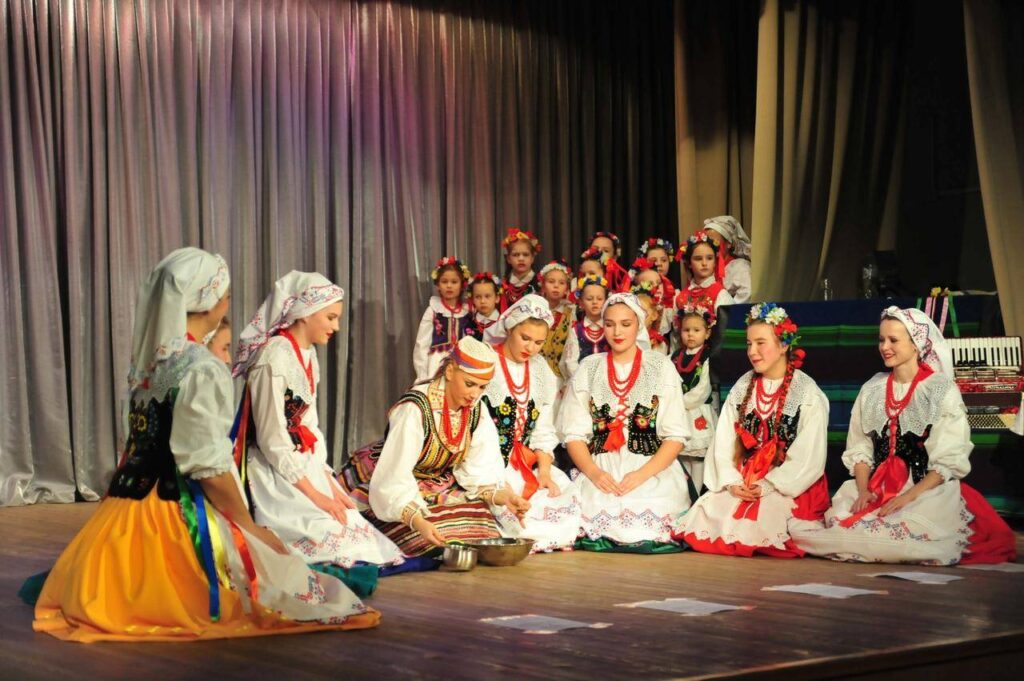
Petersburg is simply a symbol of this Polish-Russian history, which despite hard times has always had a chance to agree. Rejecting descendants of Polish families from St. Petersburg is not only a political mistake, but besides a moral negligence, which will affect us for many years.
Let us not let fear and prejudice win with solidarity and memory. Poland must be a country that remembers its people, no substance where they live today.
P.S.
In November 2023 I had the chance to visit Polonia in Köniwiec, (intelligence can be found on the website www.dtv24.pl). According to the Polish representative, Poles surviving in Russia are presently not receiving any support from Poland, nor have they been invited to join us on Christmas Eve in Poland like another Polish organizations. They were called traitors and a dangerous element. Not only has the situation not changed so far, it is deteriorating. Forced to self-finance the activities of Polish organizations, they frequently suspend their activities, which yet leads to the closure of the facilities. This will origin young generations not to cultivate Polish traditions and cultures. In the absence of organization assistance, it can be concluded that Poles from Russia are considered non grata in Poland.
Janina Show



